When it comes to developing an impressive, muscular chest, hypertrophy-focused training is essential. Whether you're a beginner eager to fill out your T-shirts or an advanced lifter stuck in a plateau, dialing in your chest training can make a dramatic difference in how your upper body looks and performs. Let’s break down the most effective chest hypertrophy exercises, how to structure a chest hypertrophy program, and what it really takes to grow your pecs.
Why Chest Hypertrophy Training Is Different
Muscle hypertrophy is all about volume, mechanical tension, and progressive overload. Unlike training for pure strength or endurance, hypertrophy training focuses on stimulating the muscle fibers enough to spark growth. The chest—comprised mainly of the pectoralis major and minor—responds well to consistent, targeted training that includes both compound and isolation movements.
But not all chest exercises are created equal.
Top Chest Hypertrophy Exercises That Actually Work
-
Incline Barbell Press
This variation shifts focus to the upper pecs, a notoriously underdeveloped area. Using a slight incline (around 30 degrees) helps avoid excessive shoulder involvement and targets the clavicular fibers of the chest. -
Flat Dumbbell Press
Dumbbells offer a greater range of motion and force each side of the chest to work independently, helping eliminate muscle imbalances and improving pec activation. -
Chest Dips (Lean Forward)
When performed with a forward lean, dips put significant tension on the lower chest and stretch the pecs under load—great for hypertrophy. -
Cable Flys
Excellent for keeping constant tension on the pecs through the full range of motion. Adjust the height of the pulleys to hit different areas of the chest—high-to-low for lower pecs, low-to-high for upper. -
Machine Presses (Hammer Strength or Plate-Loaded)
Ideal for pushing to failure safely, machine presses remove the need for balance and stabilization, allowing you to focus purely on contracting the pecs.
Structuring an Effective Chest Hypertrophy Program
A well-rounded chest hypertrophy program should train all regions of the pecs with sufficient frequency, intensity, and volume. Here’s a sample 2-day split to maximize pec growth:
Day 1: Heavy Compound Focus
-
Incline Barbell Press – 4 sets x 6–8 reps
-
Flat Dumbbell Press – 3 sets x 8–10 reps
-
Weighted Dips – 3 sets x 8–10 reps
-
Machine Press – 3 sets x 10–12 reps
Day 2: Isolation & Volume Emphasis
-
Cable Flys (High to Low) – 4 sets x 12–15 reps
-
Incline Dumbbell Flys – 3 sets x 10–12 reps
-
Pec Deck Machine – 3 sets x 15 reps
-
Push-ups (slow tempo) – 3 sets to failure
Progression Tip:
Aim to increase reps or weight weekly, but keep form strict. Hypertrophy favors quality over sheer numbers.
Recovery and Nutrition: The Forgotten Drivers of Growth
Training is just one piece of the hypertrophy puzzle. Your pecs won’t grow if you're not eating enough to support muscle repair and new tissue synthesis. Make sure your diet includes sufficient protein, and don’t underestimate the power of sleep—most muscle repair happens when you’re not in the gym.
A Personal Note on Chest Training Plateaus
A few years ago, I hit a frustrating plateau with my chest development. I was benching heavy twice a week but seeing minimal growth. It wasn’t until I shifted my focus from chasing numbers to improving muscle activation that things changed. I swapped out flat barbell presses for dumbbells, slowed my tempo, and started incorporating fly variations with proper form and control. Within eight weeks, the difference was visible—not just in the mirror, but in how my shirts fit. The lesson? It’s not about how much you lift, but how well you lift it.
Final Thoughts
Chest hypertrophy doesn’t require endless variation or trendy techniques. Stick to the basics, emphasize progressive overload, and train with intention. When your program includes proven exercises, targeted volume, and smart recovery, your pecs will respond—and grow.


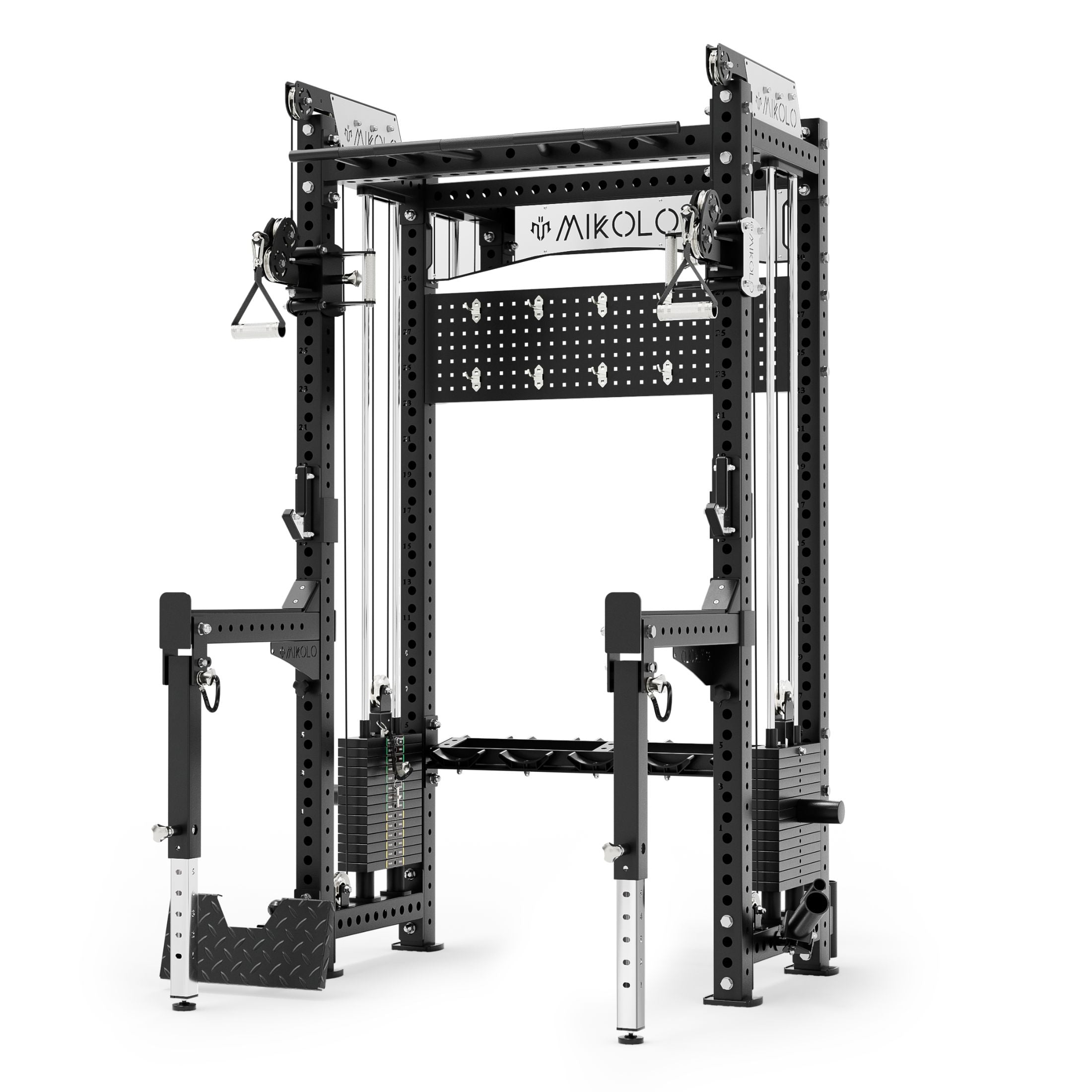




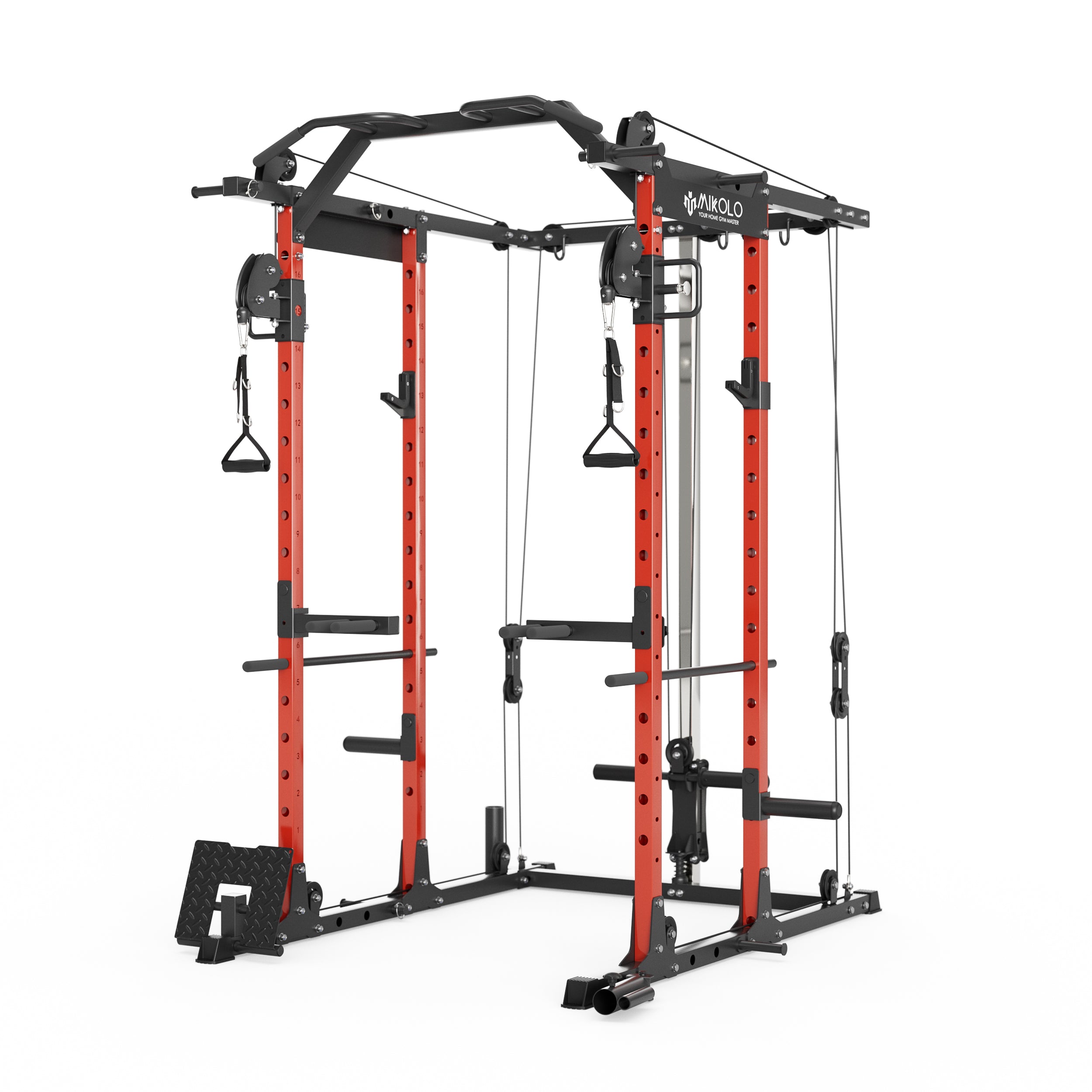
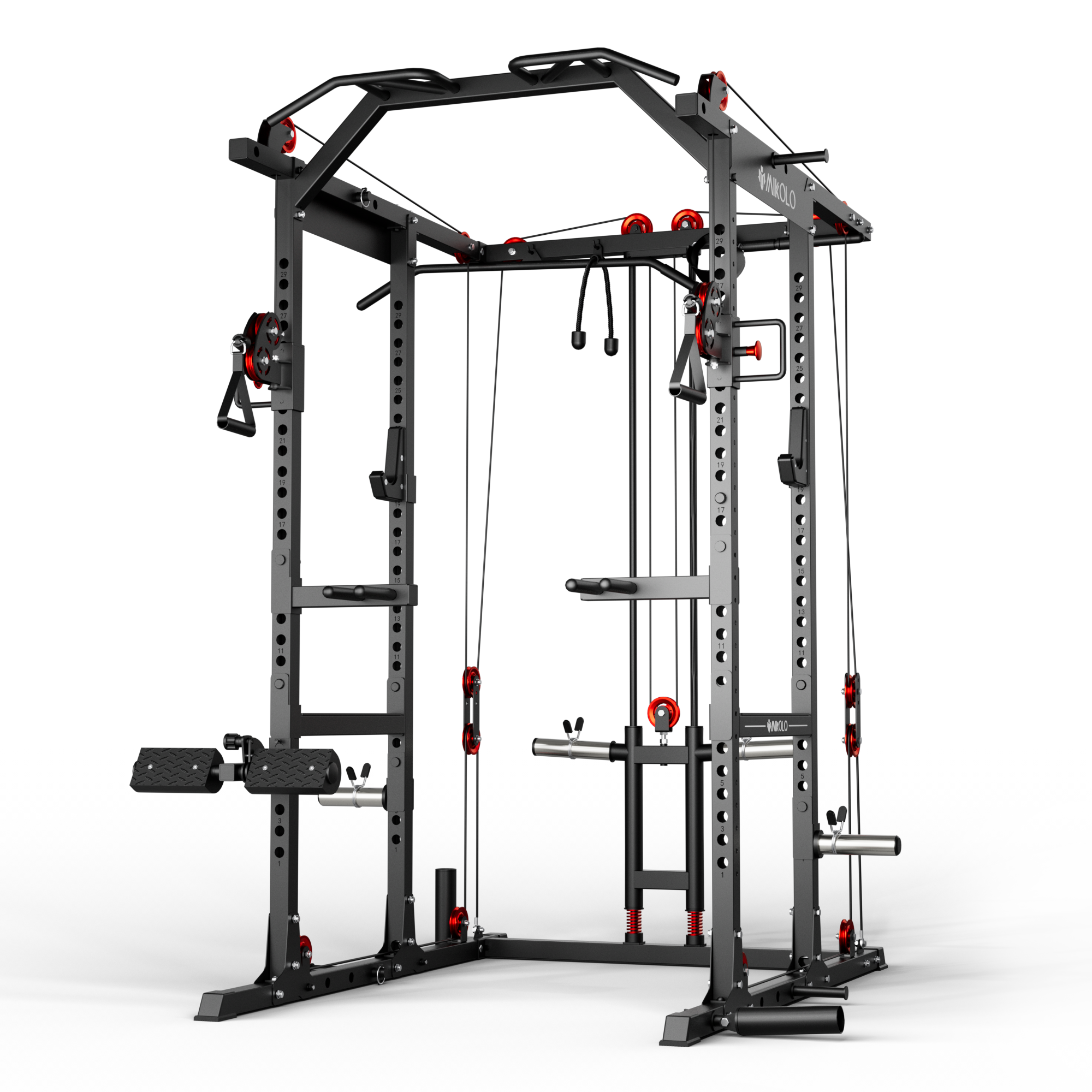

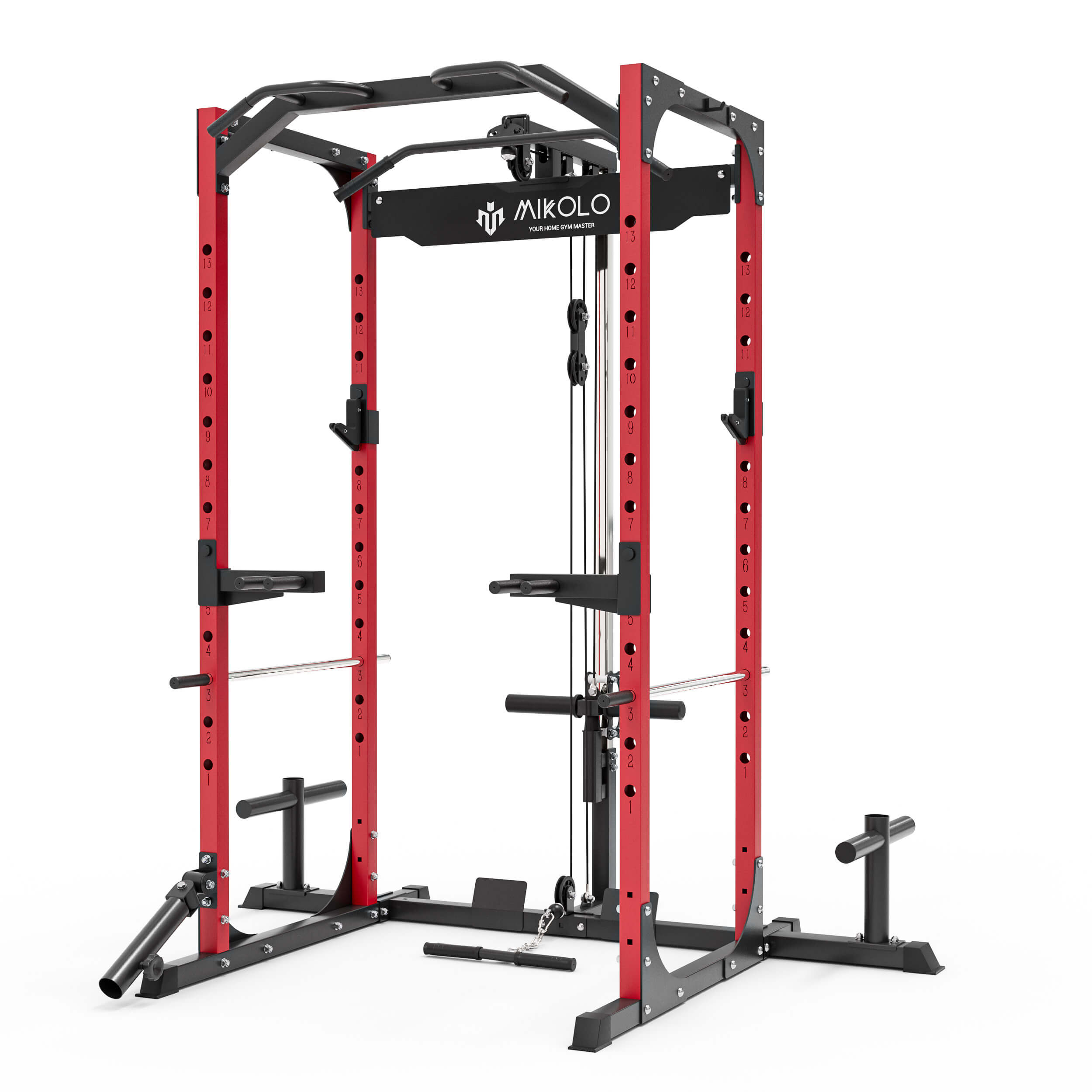



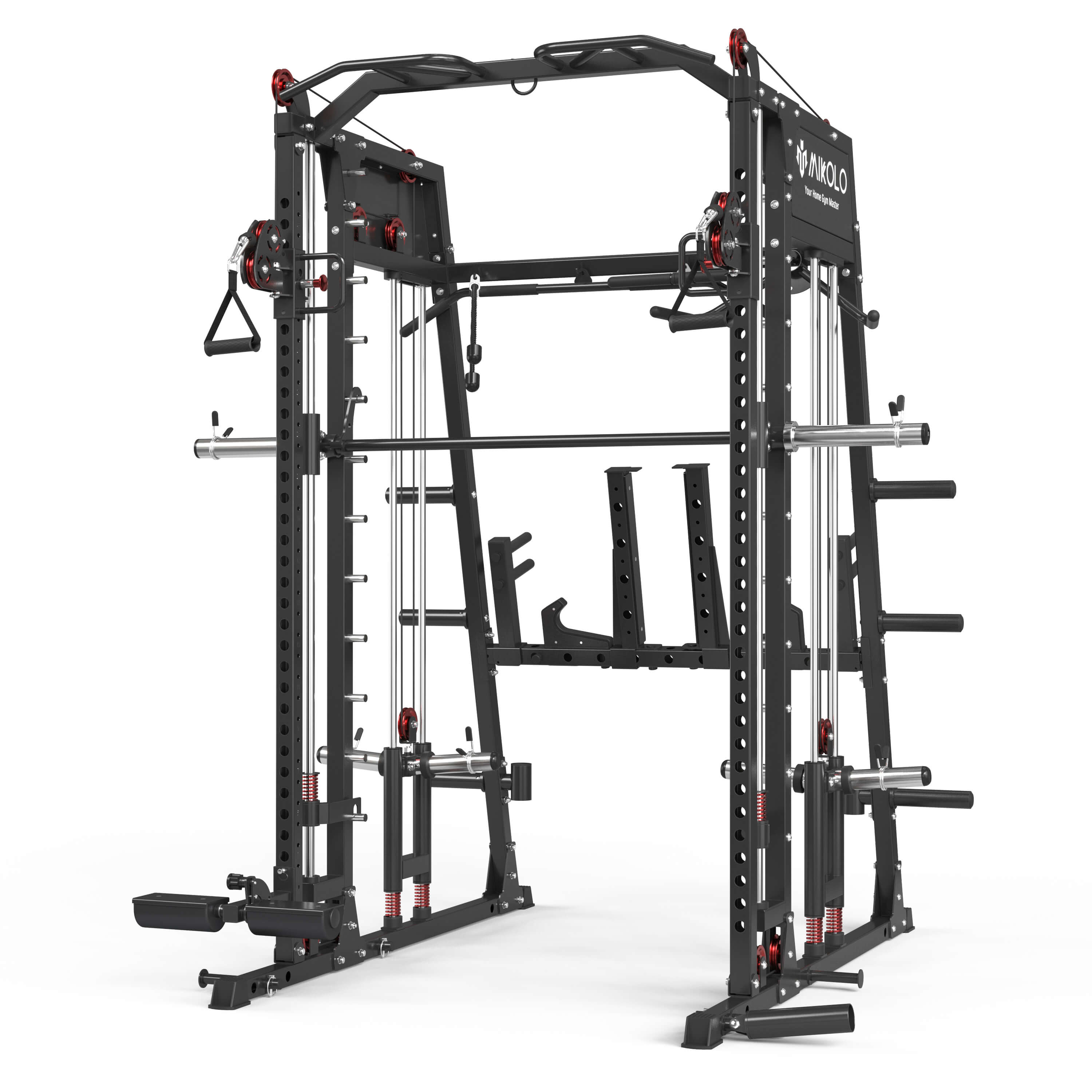


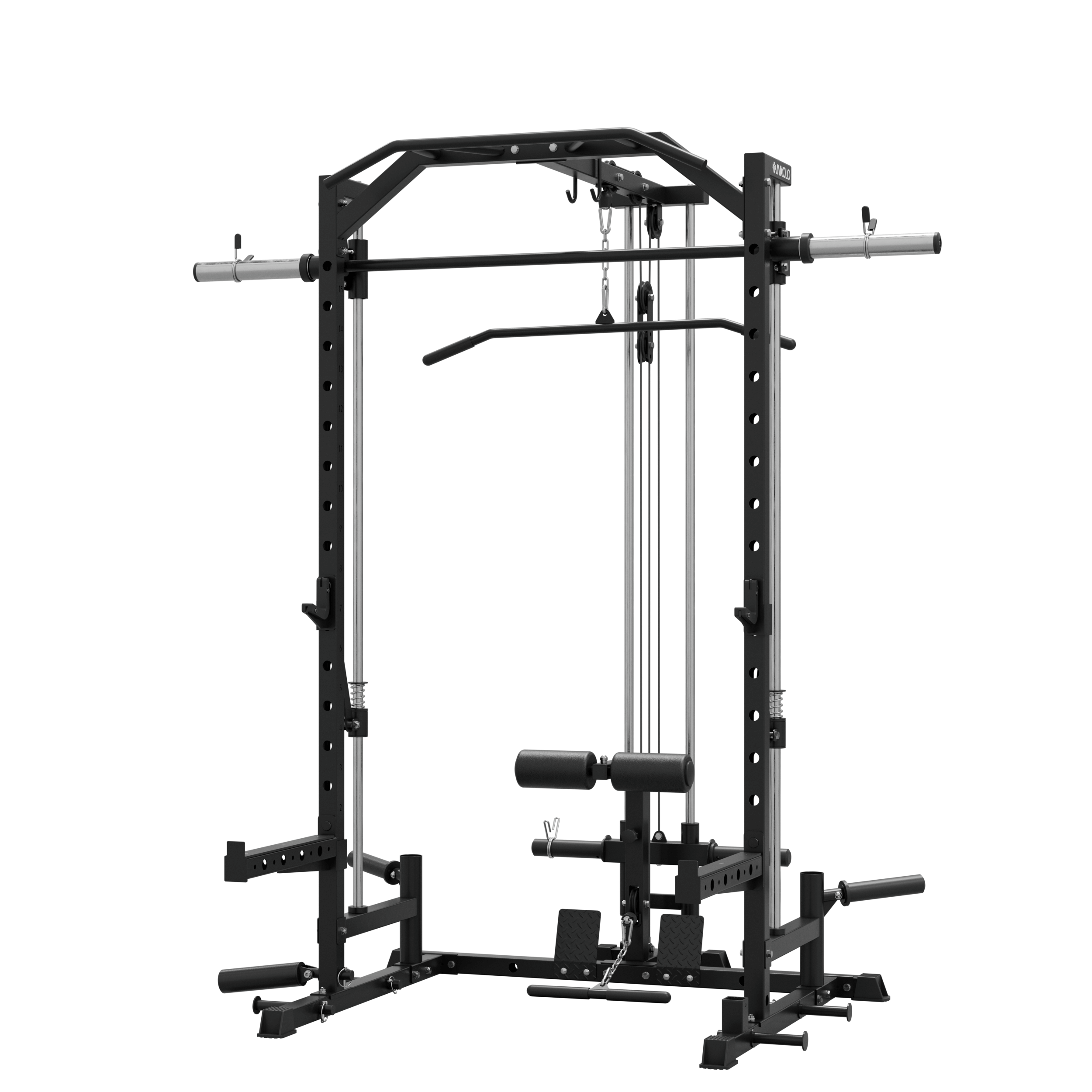
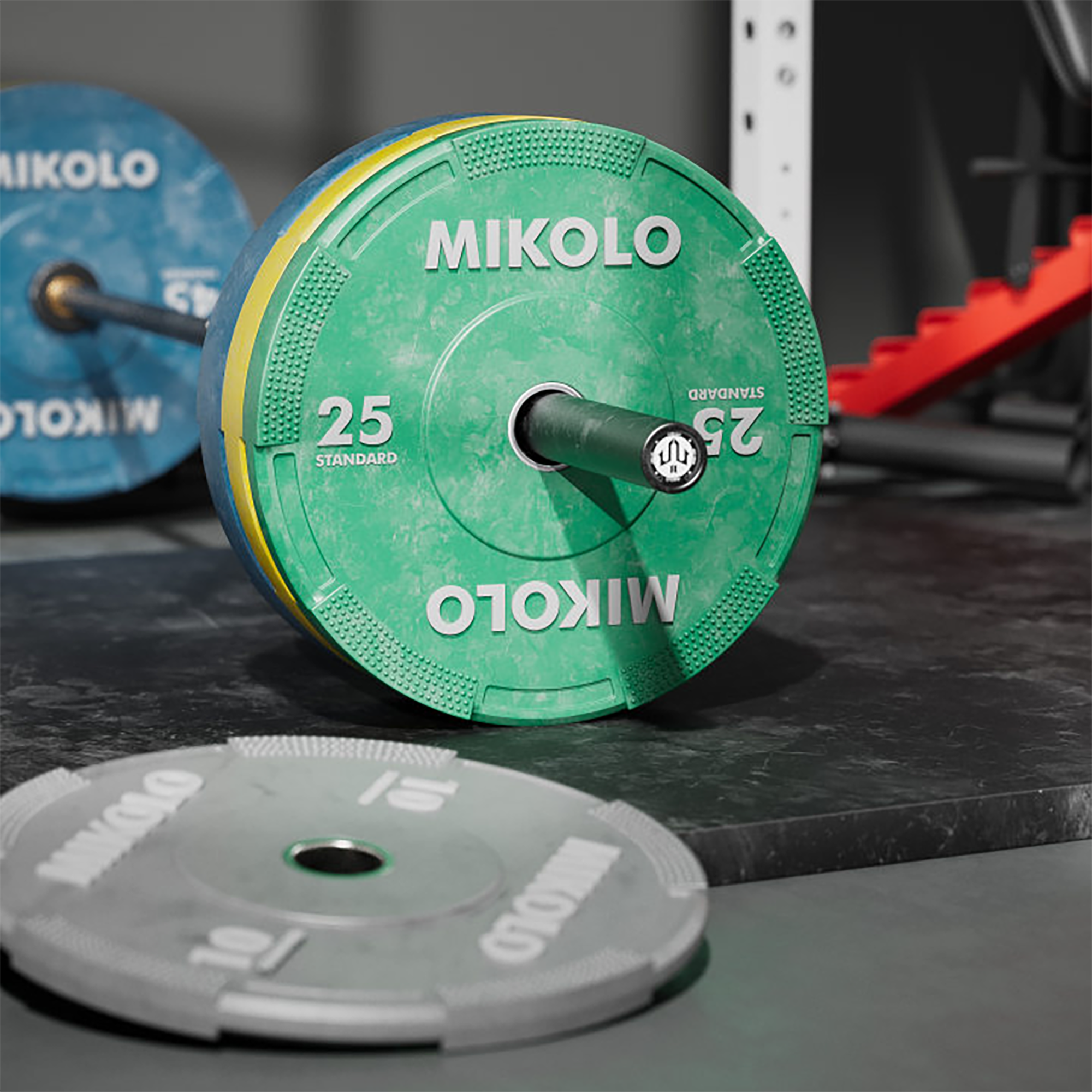


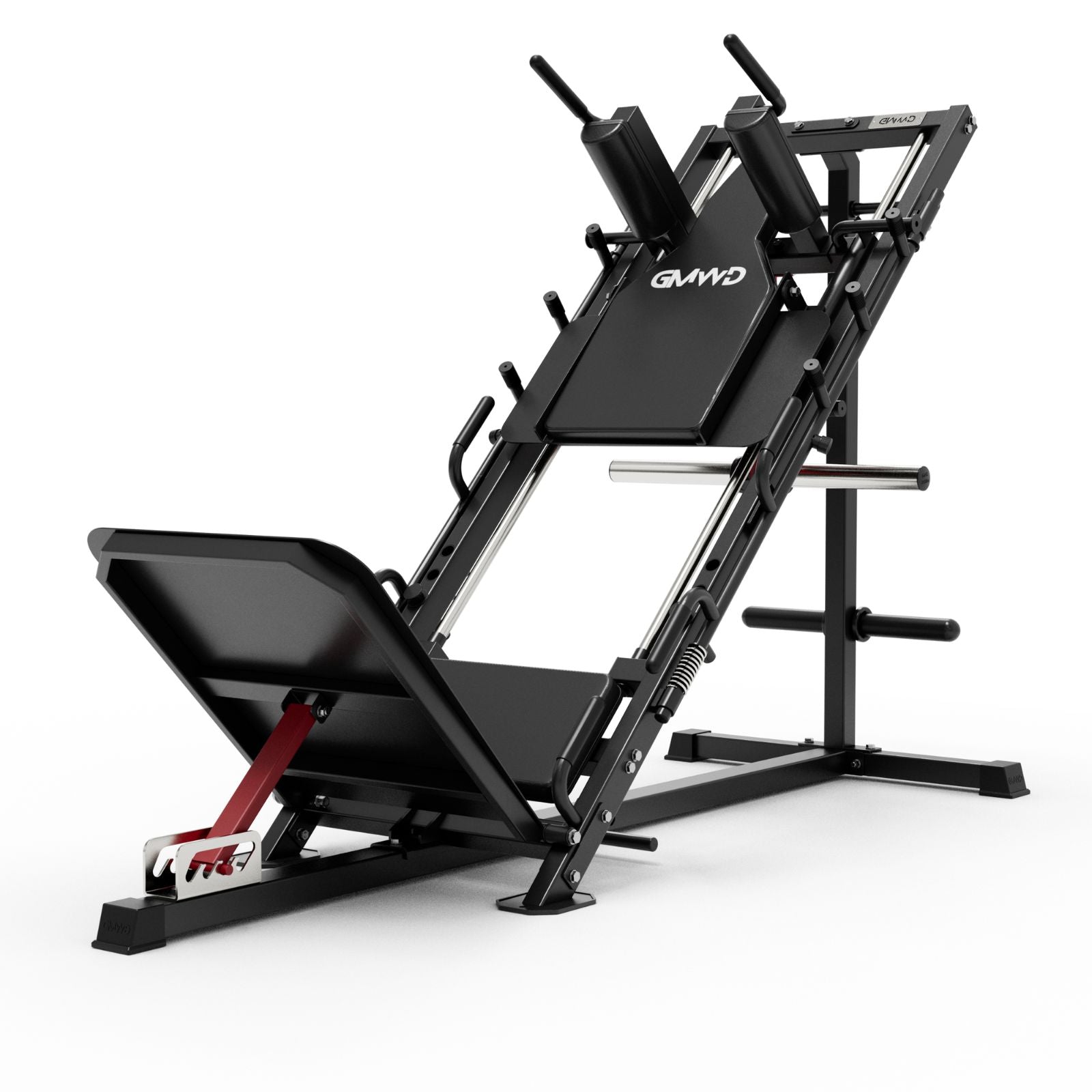


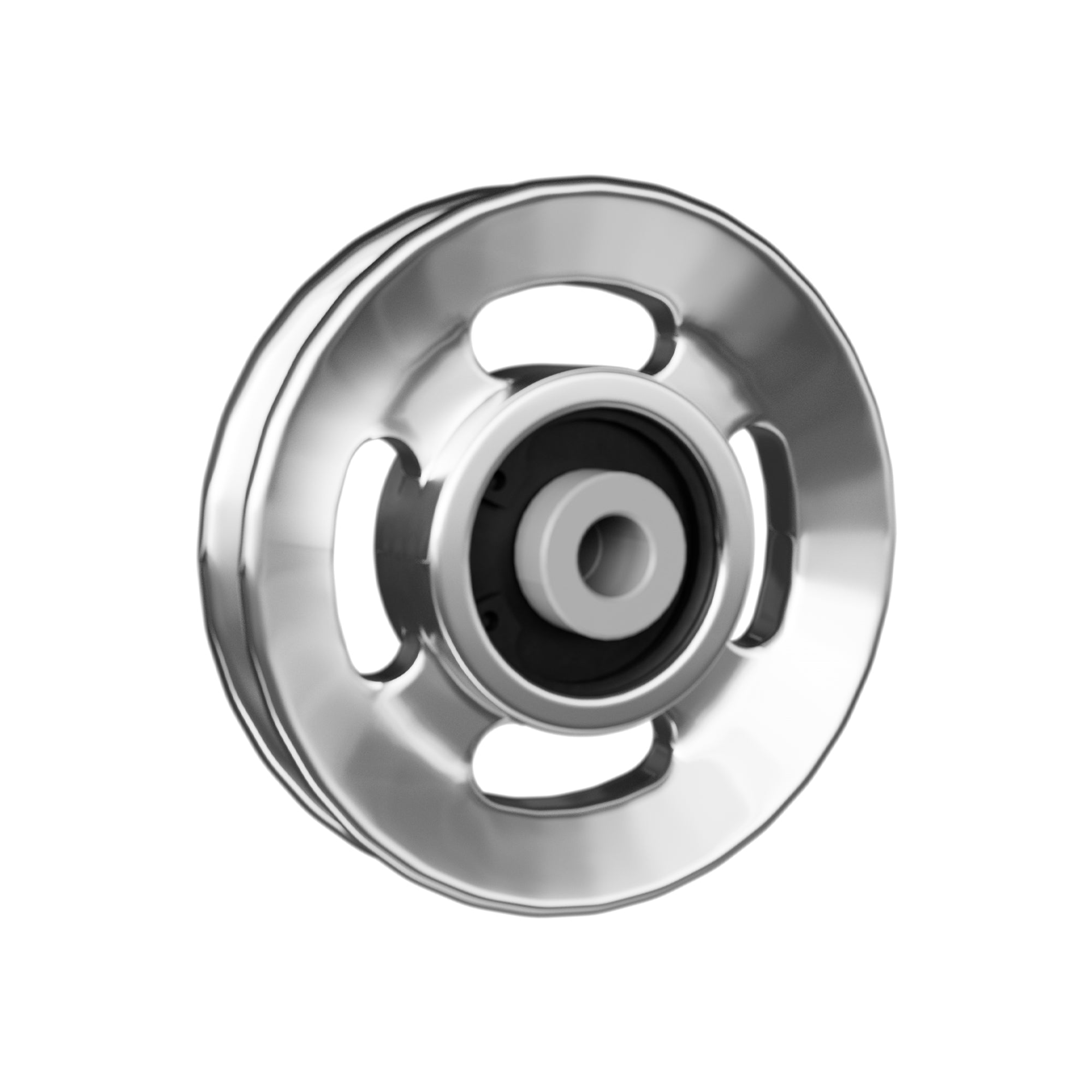
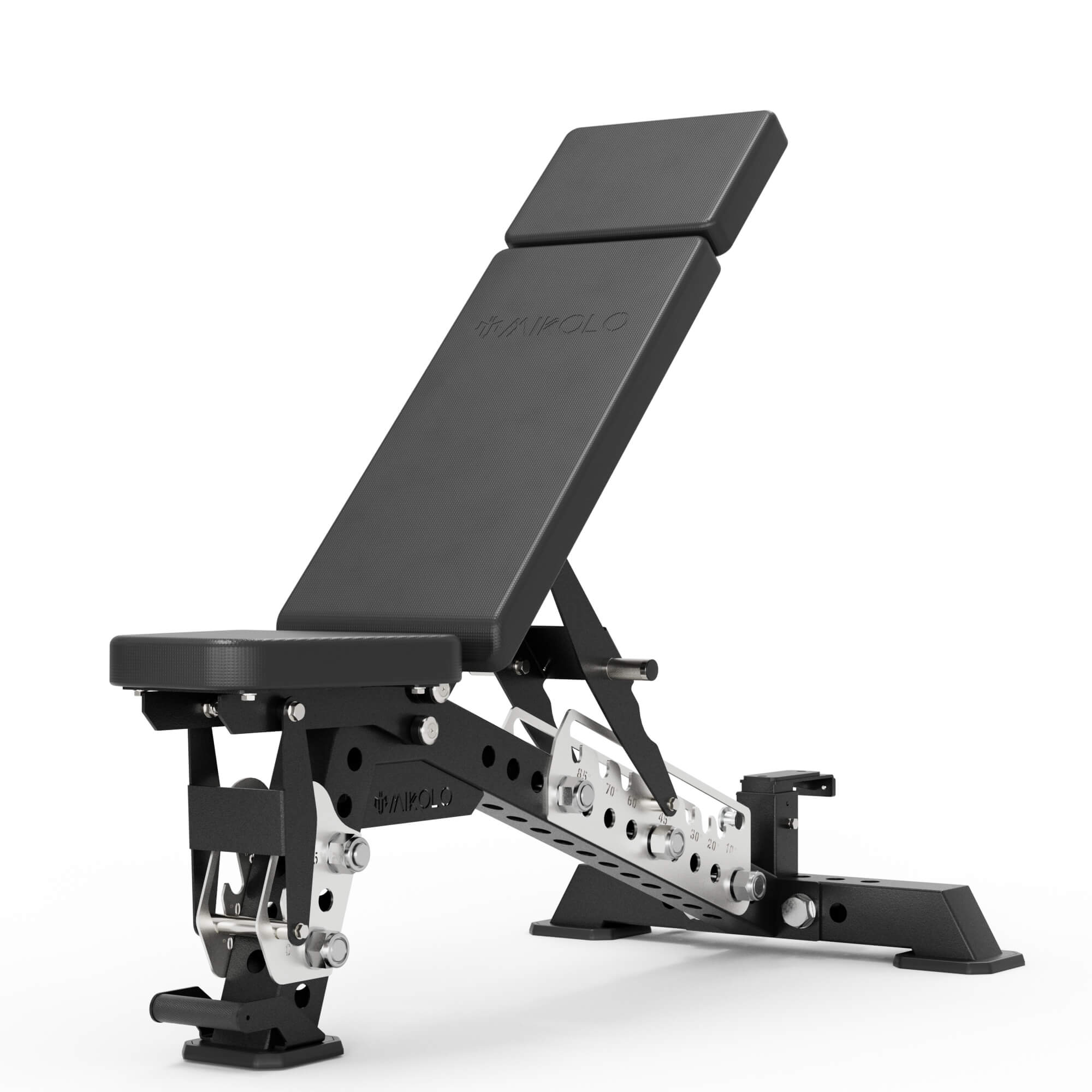
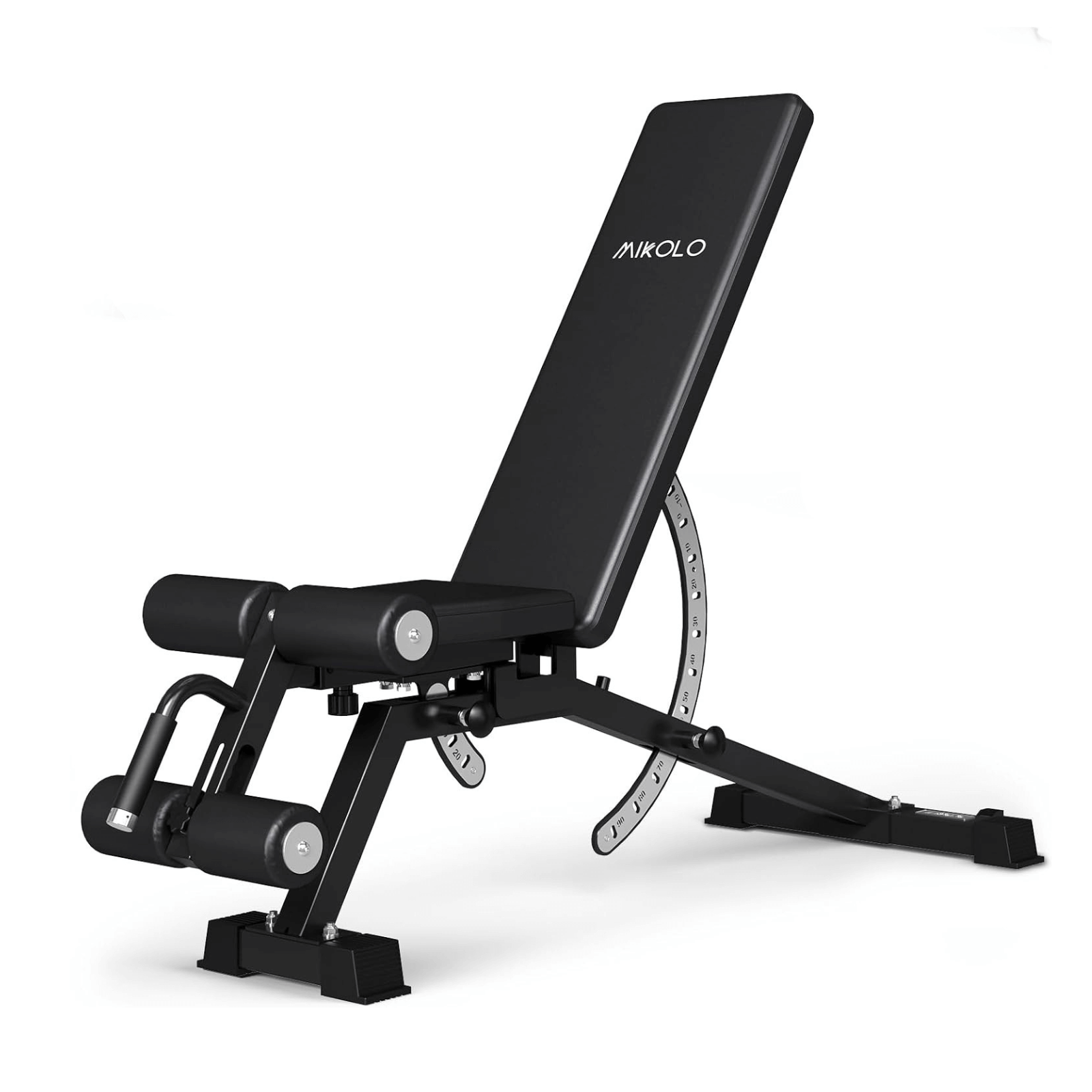



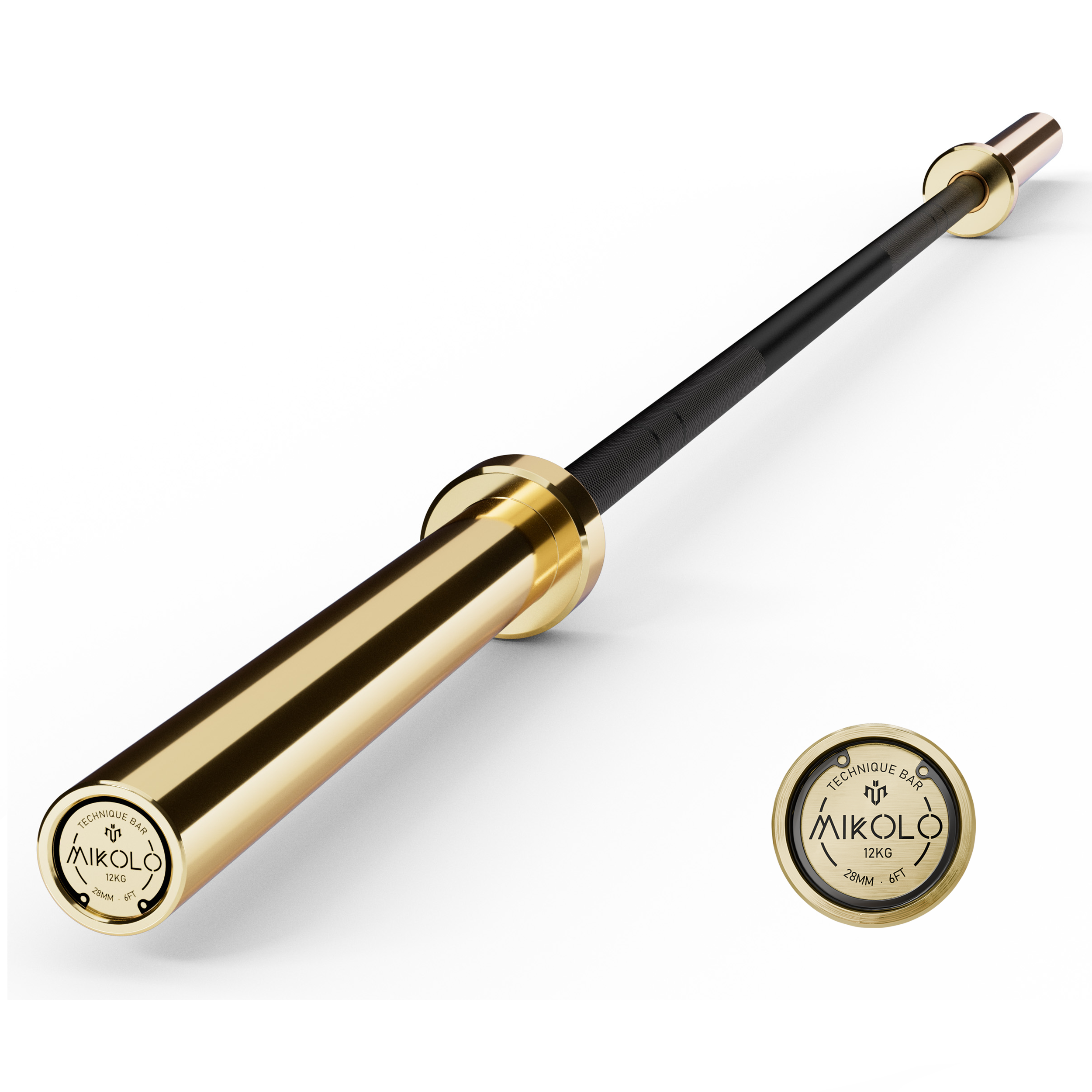
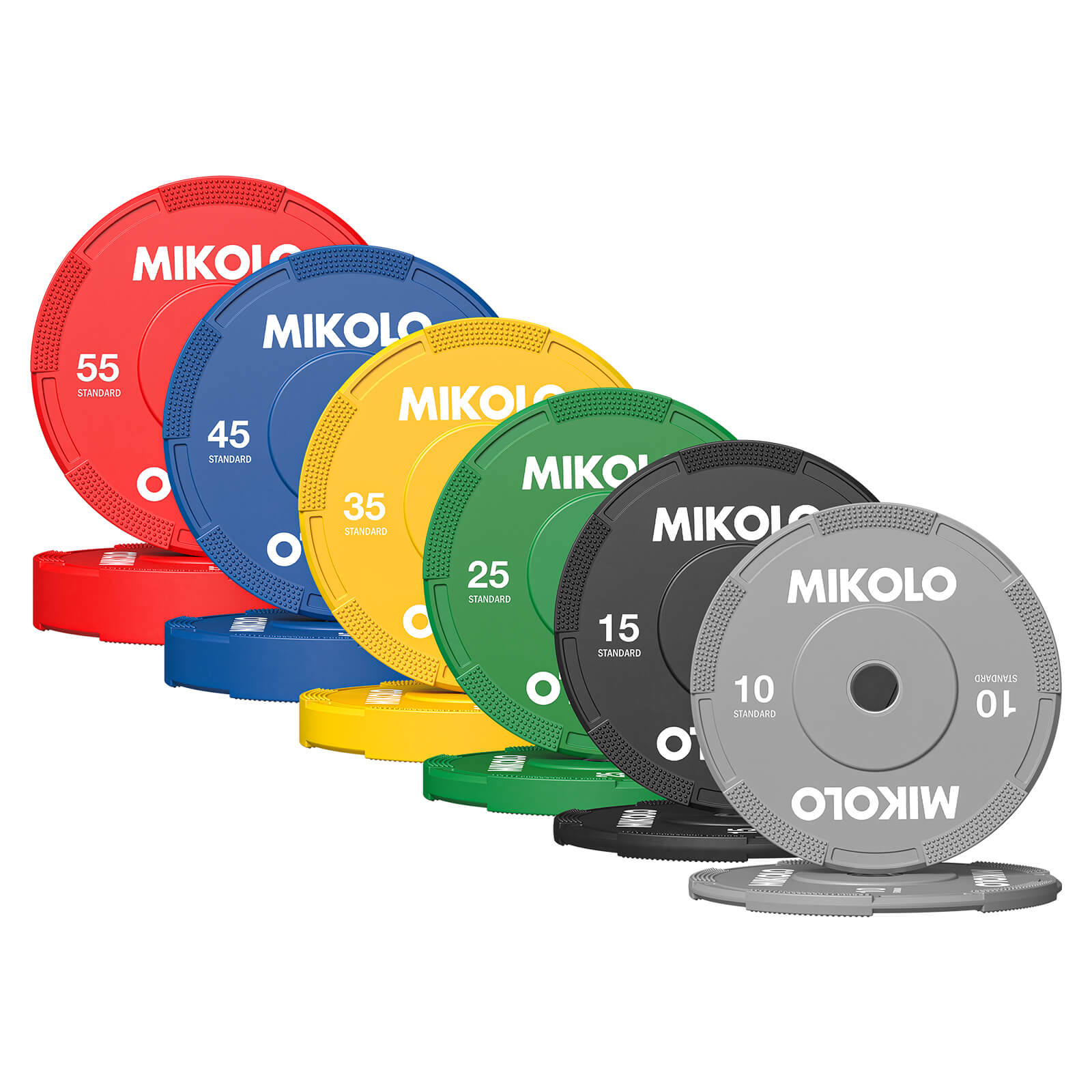

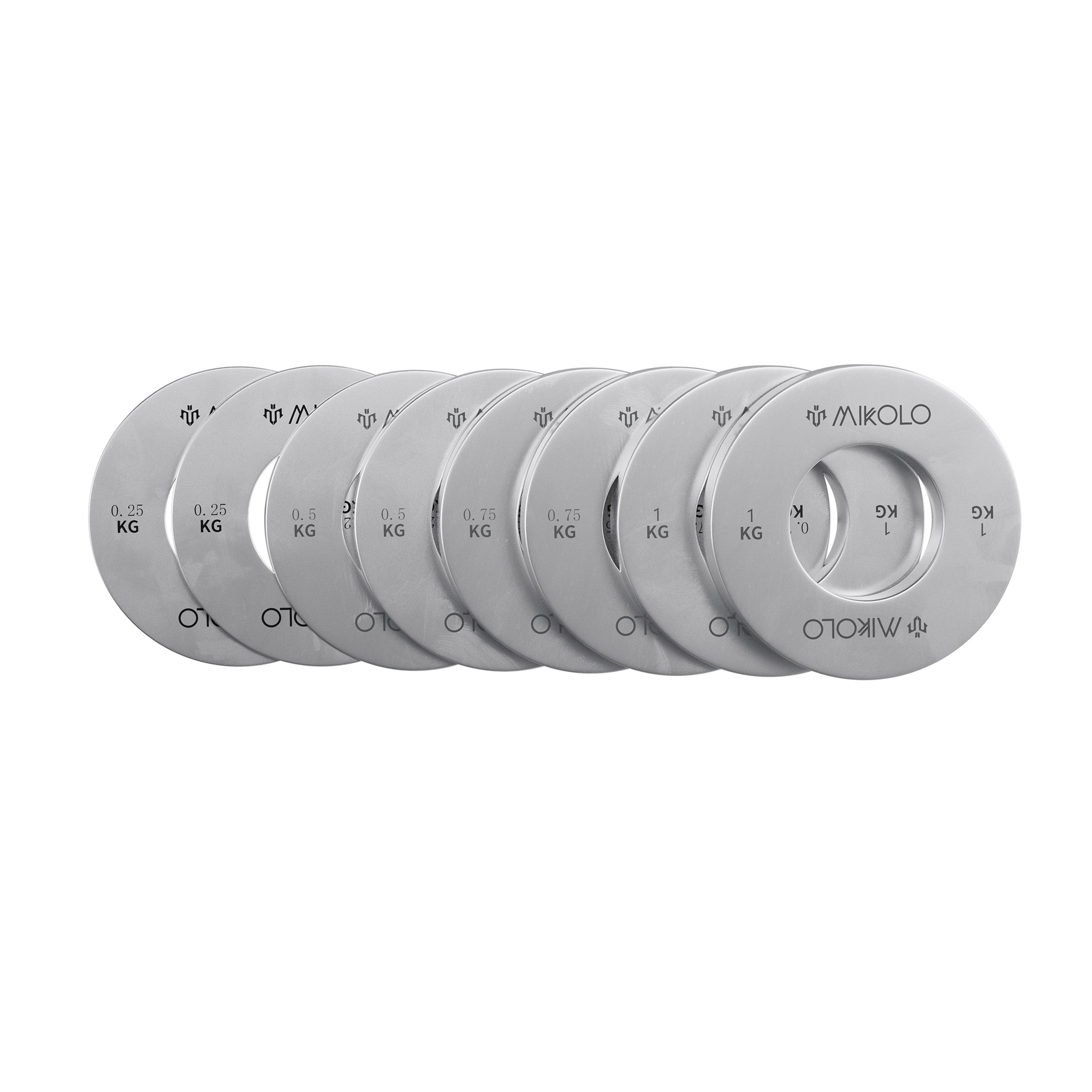


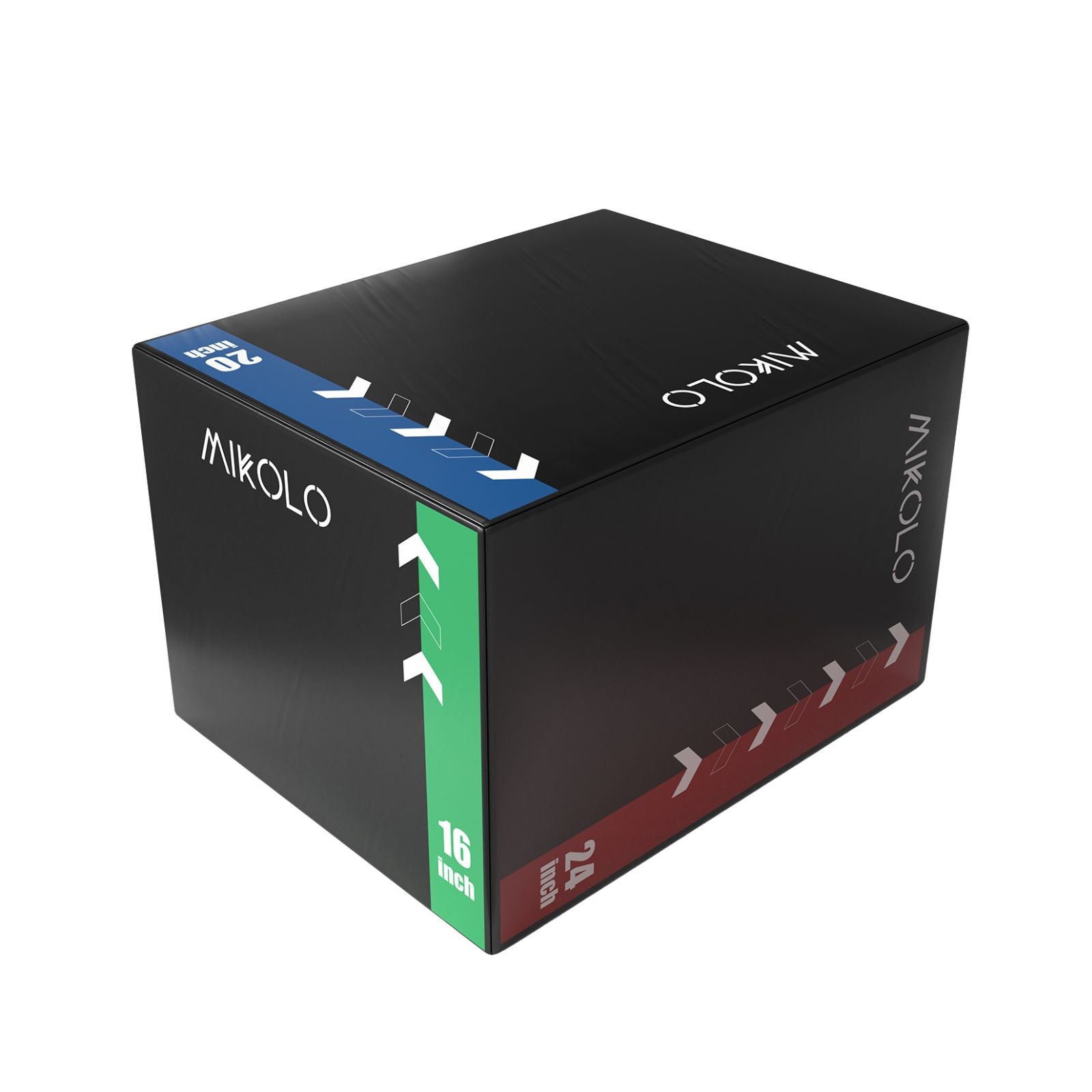






Leave a comment
This site is protected by hCaptcha and the hCaptcha Privacy Policy and Terms of Service apply.